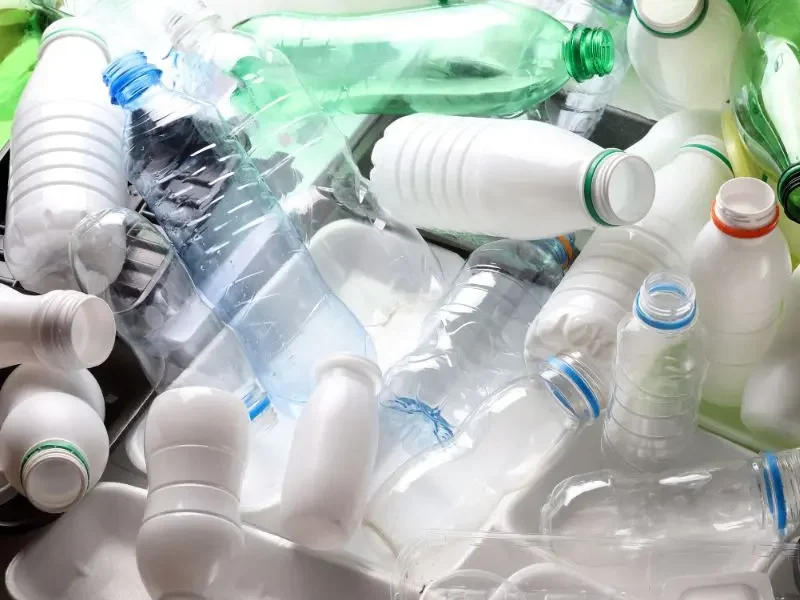Explore how businesses can effectively reduce plastic waste through sustainable practices, smarter packaging choices, and compliance with evolving environmental regulations.
The world is in the midst of a ‘plastic problem’.
Over the past few months, there has been an increase in both public and political concern over plastic pollution. Since its popularisation in the 60’s, plastic has become the primary material of modern society. It is everywhere and impossible to avoid. It is in our clothes, electronics, computers, cars and food containers. Plastic has become the main packaging material worldwide since it is both cheap and versatile. We have come to depend on it.
In our last blog, we looked at why reducing plastic waste is such an important and pressing issue.
Since we are becoming increasingly aware of the astronomical impact plastic waste is having on the natural world, more and more people are beginning to try and cut down the amount of plastic which they use. Reducing plastic waste can benefit business, health, wildlife and the wider environment. In this blog, we will discuss the ways that we can attempt to reduce our plastic waste.
Minimising Plastic in Business
Below we outline just some of the ways in which you can attempt to minimise the plastic waste in your business.
- Audit your facility
Evaluate the supply chain of items which become waste. Is there any way that you can switch items to be compostable or recyclable products instead?
- Reduce plastic packaging
One third of waste in developed countries comes from packaging. Evaluate what packaging is used in your business and try to develop or source a fully reusable, recyclable or compostable packaging
- Recycle and reuse
Try to reduce plastic usage as much as is possible and where you can’t, try to recycle and reuse plastic.
- Remove all single use plastics
Remove single use plastics from offices, factories, warehouses etc. Items such as plastic bags and disposable water bottles. Instead, you could offer alternatives to staff and customers and encourage and offer incentives to make the move from single use plastic.
- Transition to a ‘circular economy‘ business model
Moving towards a more circular economy business model gives plastic packaging the best chance to be minimised, reused or recycled. A circular economy is restorative and regenerative – allowing materials to flow in a closed loop style system. This helps to minimise waste and consequently cut down on plastic waste.
- Communicate the changes
Communicate the benefits to your customers, colleagues and staff. This will help to educate others and will also demonstrate that your business is environmentally aware and that you are attempting to do your bit to help.
In next weeks blog, we will make some suggestions on how you can try to reduce your plastic waste at home.
Do you think you could minimise plastic waste in your business?







